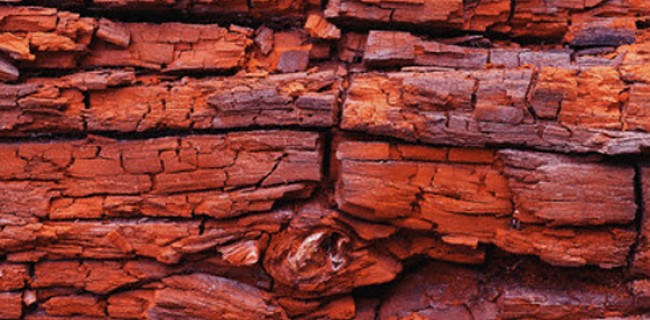Rock Mechanic
Rock Mechanics is derived from the two words "rock" meaning "stone" and "mechanics" means mechanical. Rock mechanics is a topic of engineering science in which the structure of rock's behavior is addressed to external and internal factors and their variations. And since rock behavior depends entirely on its properties, so the study of the group of rock properties that matters in this context is also part of the topic of rock mechanics.
Since drilling and construction such as tunnels, dams, water supply and drainage channels, ground power plants, storage cavities for water, oil, gas, etc. and also the landfill of nuclear waste, underground mines, open pit mines, deep cuts for the water and ... in rock or on the rock, so the necessity of recognizing rocks and rock mechanics for man is undeniable.
History
Buildings and works such as the dams dating from the 29th and 30th centuries BC in Egypt and Iraq, the Egyptian Pyramids, The palace of Persepolis and The Rostam monuments built on stone (made of stone or in stone) testify to the use of precise methods of selection, Extraction, and exploration of stone, and these cases reflect the application of rock mechanics from a long time ago.
Our close relationship with Rocks goes back to prehistoric. At that time, arrows, ordinary tools and containers, fortifications, houses, and even tunnels were made of stone or in stone. Buildings and sculptures like the Egyptian temple of Abu Simbel show the use of very precise methods of selecting, excavating and exploring stone.
In the eighteenth and nineteenth centuries, large tunnels were constructed for ventilation and drainage of mines, sewage, canalization and transportation by rail. In this century, building huge sculptures in Monte Rushmore desired to engage in the construction of large stone bodies, and just as good granite selection, despite turning engineers into other materials, proved to the world, in this century, material engineers according to the special needs can make alloys and plastics, working on Rock still engage the energy of industries and engineer imagination.
The science of Rock Mechanics has become widespread today, In addition to mineral works, In the design of surface and underground extraction spaces, In some cases, such as road and water tunnels, underground railways, shelters, power plants and underground reservoirs, the usage of Rock Mechanics for mineral engineers and Geotechnics is inevitable.
- Geological classification of Rocks:
- Characteristics of Rock Systems Index:
- Strength and Crushing Scale if Rock:
- Primary stresses in Rocks and their measurements:
- Deformation of Rocks:






